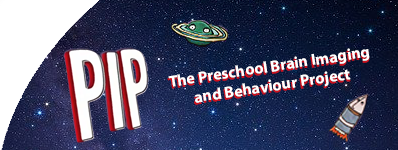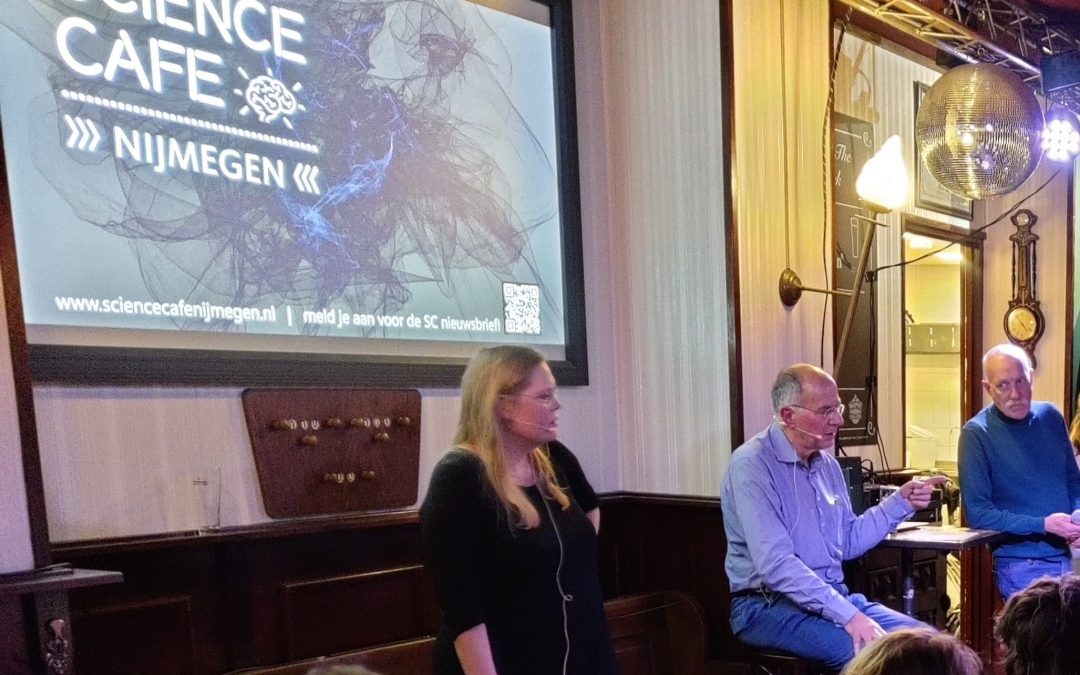
PIP-CANDY clinical study
In CANDY we are collaborating with the AIMS-2-TRIALS project and their study “Pre-School Brain Imaging and Behaviour Project (PIP)”. PIP is the first study to track how pre-school children with and without autism develop over time and across Europe. CANDY is adding children with ADHD, diverse forms of ID and epilepsy to the PIP study. The aim of the study is to identify biomarkers that can be used to predict how children with neurodevelopmental conditions and epilepsy are developing and which children may develop more than one of these conditions. The study also aims to identify which children may benefit from early support for communication, language and sensory processing.
The study involves children aged 2 to 3 years and will follow them for around 3 years.
First, the study will gather baseline data on the children’s behaviour, brain development and activity, and temperament. Next, it will track the children as they grow, recording whether some features become more or less severe and who develops co-occurring conditions. The researchers will then look back at the baseline data to link what they know about each child at the age of say six years old, with what they knew about the child three years earlier. This will help them to identify any factors, or biomarkers, that could be identified at an early age and which predict future development.
If you are interested in the PIP-CANDY study you can find more detailed information including flyers, videos and contact details in 5 different languages on the official PIP-study webpage: https://www.aims-2-trials.eu/pip/
Leaders of the CANDY PIP study
Lead organisation: King’s College London
Lead: Prof Eva Loth
Principle Investigators: Prof Eva Loth (KCL), Prof Jan Buitelaar (Radboudumc), Prof Declan Murphy (KCL), Dr Terje Falck-Ytter (KI), Prof Sven Bölte (KI), Prof Herbert Roeyers (UGent), Prof Richard Delorme (APHP)
Research Centres: King’s College London (KCL), Radboud University (Radboudumc), Karolinska Institute (KI), University of Ghent (UGent), Paris University Hospitals Assistante Publique des Hôpitaux de Paris-APHP (APHP)



